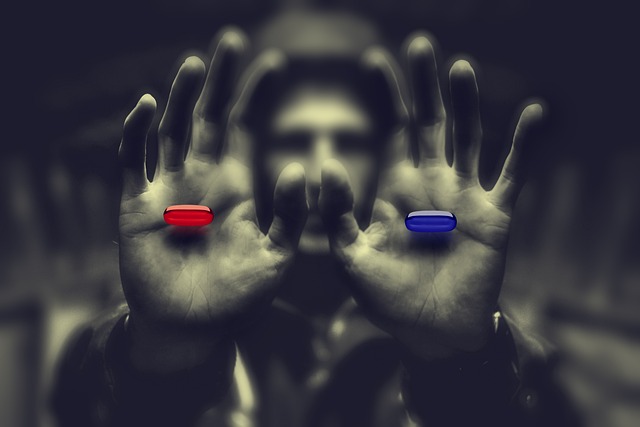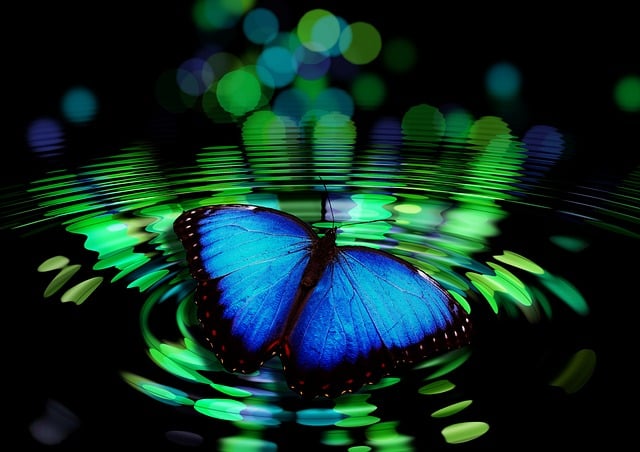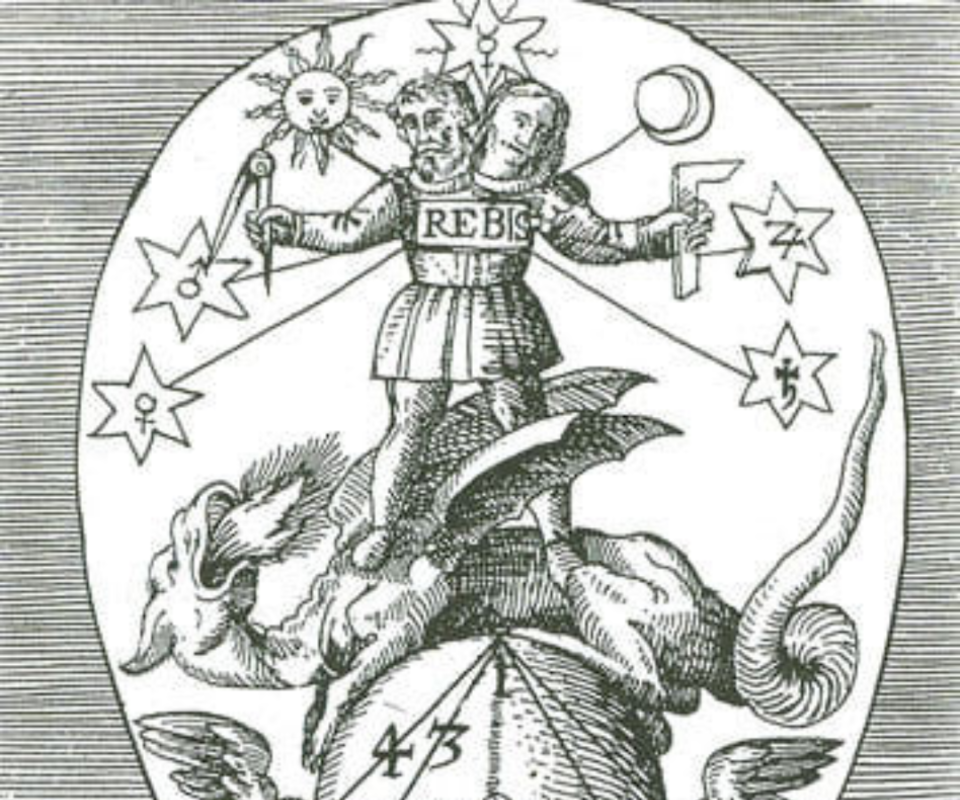
Where is Home? Embracing Transcendence
We all yearn for a sense of belonging, and often, we create a strong attachment to those who perhaps feel like home. It’s that immediate recognition, attraction, and feeling of safety, a shared understanding that sometimes defies logic. In fact, a favorite book comes to mind from my college days: Elective Affinities by Goethe. But what does it truly mean to be at home? And how does embracing transcendence help us find it? It’s safe to say, also from personal experience, that my form of escapism has been to find a home someplace else, somewhere out there, and I’ve noticed this to be true, especially in people who have suffered in challenging family dynamics where our needs were never understood nor met.
I sought home out there by exhausting myself through constant travel, moving from Europe to Asia, to South America, and so on, with the sole and unconscious need to create a home within myself. Well, that home can be anywhere if you find a home within yourself. But to find a home within yourself means first nurturing and understanding your own needs and becoming a conscious and responsible custodian of those needs. Understanding our core needs means transcending our logical thinking by feeling and not suppressing what arises within ourselves. We have to be able to surrender our pride to the intolerable about ourselves and learn to fill ourselves up from the inside out first and not from the outside in.
Because of our survival mechanism, as humans, we are prone to store more negative experiences in our memory and use them to measure or as a compass to understand reality based on those negative experiences. Our subconscious will often try to associate something or someone new with something we have known in our past, even if it doesn’t apply to them whatsoever. This is why most people often project ideas and opinions onto others they know nothing about to protect themselves or their self-concept. Our subconscious will hang on to the more negative things we experience so it can protect us from them, and as a result, we internalize a lot of those things and make them define us and our self-concept. This inhibits us from embracing transcendence and getting in tune with who we are, which is beyond subconscious suffering.
If, as children or even as adults, we have been exposed to chaos, unpredictability, and hostility, all these dynamics form the relationship we have with ourselves. If we are constantly exposed to criticism, then we are heavily self-critical. If we were exposed to our boundaries being violated, we would probably violate our own boundaries. You won’t have a clear understanding of where you begin and where you end, and where others begin end, and where they end, etc. If we were exposed to a lot of instability and chaos, we might actually have these patterns of instability and chaos in our own lives that are a part of our normal, our subconscious comfort zone, and what we are familiar with.

How to transcend our own subconscious comfort zone
Mahatma Gandhi tried his best to practice and propagate ahimsa, a Sanskrit term for non-violence, bringing many people together. The Buddha cultivated this practice as wherever he went, he consciously brought peace, harmony, and friendliness. St. Francis is another great example of this. Of course, there were failures in Mahatma Gandhi’s efforts, but he would admit, “I am still trying. I am still not that perfect.” His entire life was based on the vows of ahimsa and satya, which means truthfulness in Sanskrit. Even without obtaining one hundred percent perfection in them, he earned a great name throughout the world as an apostle of peace. So even a bit of ahimsa, as we choose it consciously, despite our ego’s partiality or unpredictable whim, is enough to elevate us to a higher state and embrace transcendence.
In any culture, mythology serves several purposes. First, it fulfills a mystical role by revealing a deeper, mystical dimension beyond the surface appearances of the world, pointing to a transcendent mystery and source that also resides within us. Second, there’s the cosmological purpose, which undergoes significant transformations over time. For instance, early hunting and gathering societies had a limited view where they focused on visible phenomena like the rising and setting of the sun and moon. Then came Copernicus, who revolutionized our understanding, making us realize that it’s not the sun moving but the Earth spinning. This drastically changed our understanding of cosmology. Both cosmology and science are in constant flux as our scientific knowledge evolves.
For mythology to stay relevant and resonate with people in today’s scientific world, it needs to embrace modern science. There’s actually no real conflict between mysticism and science. The problem lies in the contrast between the scientific knowledge of 2000 BC and what we know in 2023. The challenge with our current religions and various institutions that adhere to such principles that then extend beyond religion is that they’re holding onto outdated models of Universal understanding. While there might be some truth in these ancient ideas, they don’t offer us much profound or practical insight. Instead, they lead to more division, confusion, resistance, and skepticism within the collective.
This is why we need and have always needed seers, philosophers, mystics, and poets in our societies who will render the experience of transcendence through the world in which we live. From a spiritual and psychological point of view, hell is not a place; it is a state of consciousness, and it represents all of our unconscious fears and all the fears we have not come to terms with within ourselves. Many people remain completely clueless about their innermost fears. I have written a post on hell if you’ve got some extra time to spare. Are We All Going to Hell?

A different perspective | Transcendence
Dante, for instance, an Italian poet, described hell differently from Aquinas, who saw it as a place of punishment in general. Dante’s take on hell is about how it fits our own sins. It’s a personal and unique kind of hell, tied to what we did wrong, where we’re fixed in our own temporal commitments. It’s when the ego, that limited, conditioned, and partial awareness of who we are, chooses something as the most important in our life, and that becomes our own personal hell. We can’t move past it to find true happiness but remain fixed in that place, and that is hell in Dante’s view. This idea is similar to what we see in Buddhist, Hindu, Jain, and Persian philosophies. Hell is like a symbol for a state of the soul that’s focused on the material world rather than opening up to the spiritual. It’s being stuck in the foreground of our experiences and not breaking through to something deeper or more transcendent.
In our life journey, there comes a time when we gain a deeper understanding of ourselves and consciously accept this new phase. It’s a phase of transcendence. This is when we encounter what Aristotle called “catharsis.” It’s like a ritual cleansing, where we go through intense suffering to purge ourselves. Catharsis means shedding our rational or ego-driven beliefs so we become open and clear, allowing something greater than ourselves to shine through. Until we reach this state of openness or transparency to the spiritual, we won’t be ready to experience that beautiful vision or connect with a transcendent understanding, which some may call the vision of God.
You have to become God to know God or, as others may say, become one with God. And this is as easy and as simple as we can put it with our limited understanding. In the yoga sutras of Patanjali, a Hindu philosopher and mystic who lived between the 2nd century BCE and the 4th century CE, time has no meaning in mediation, and space is also lost. If you break meditation suddenly, you may also wonder what happened to your body because even the body is forgotten in real meditation. You are above time and space; you are out of the body. And by being out of the body, it doesn’t mean you are necessarily traveling in time or space; it simply means the mind transcends body consciousness.

Multi-dimensional | Embracing Transcendence
For instance, Stephen, in Joyce’s A Portrait of the Artist as a Young Man, would not have been eligible to observe that girl in the stream as a revelation of the spirit if his eye had only been caught by lust for her. In Indian Hindu philosophy, he looks at her not in the way of the second chakra but the sixth, associated with our third eye. In other words, she is more than just physical desire. She is a vision, a revelation, calling him to life, not to lust. It’s a complete shift in perspective. It is in this same way that we observe and discover authentic and more profound aspects of our life that we are not attuned to as we learn to reconnect with ourselves on a multi-dimensional level, whether we understand and shift our perspective through the chakra system in Hindu philosophy or through other methods.
Mythology serves another purpose, which is sociological. It’s used to support and maintain a specific social order in a particular society at the present moment. It also serves as a teaching tool, helping individuals navigate the various challenges they encounter in their lives in terms of societal values, goods, and threats. These challenges revolve around the hidden aspects of our personalities and the collective, or what is also referred to as shadow powers, the anima/animus powers or male and female aspects of the psyche, and the roles we play in our society. These are universal issues that people everywhere face throughout time but call for transcendence. To understand our personal mythology, a key question to ask is: What is my social group?
This obviously calls for deep thought and self-reflection, but as aspiring civilized people with the education and insights handed down by previous generations and the vast knowledge accessible through modern technology, it’s possible to consider that the proper social group is actually global. There are no divisions, or at least that is the vision for most who aspire to such principles that help us evolve in the right direction, where each nation, including its people, is sovereign, no matter the size, shape, background, etc. It is our inherent and natural right as global citizens to pursue happiness, equality, and freedom. Economically, this has become a reality due to the interconnected nature of our world, and to say my group is this group can lead to exclusion and division, which is counterproductive.
Now, it is obvious that the nuances of such various groups have become very complex, and there is always room for critical thinking, but to turn an exclusive in-group into a political force is often a destructive act. On a deeper level, it’s as though we are all in fear of what we have to yield to embrace transcendence and this broader perspective in order to become evolved human beings. Yet, it’s precisely within the heart of such a crisis that personal and collective growth and evolution often take root.

